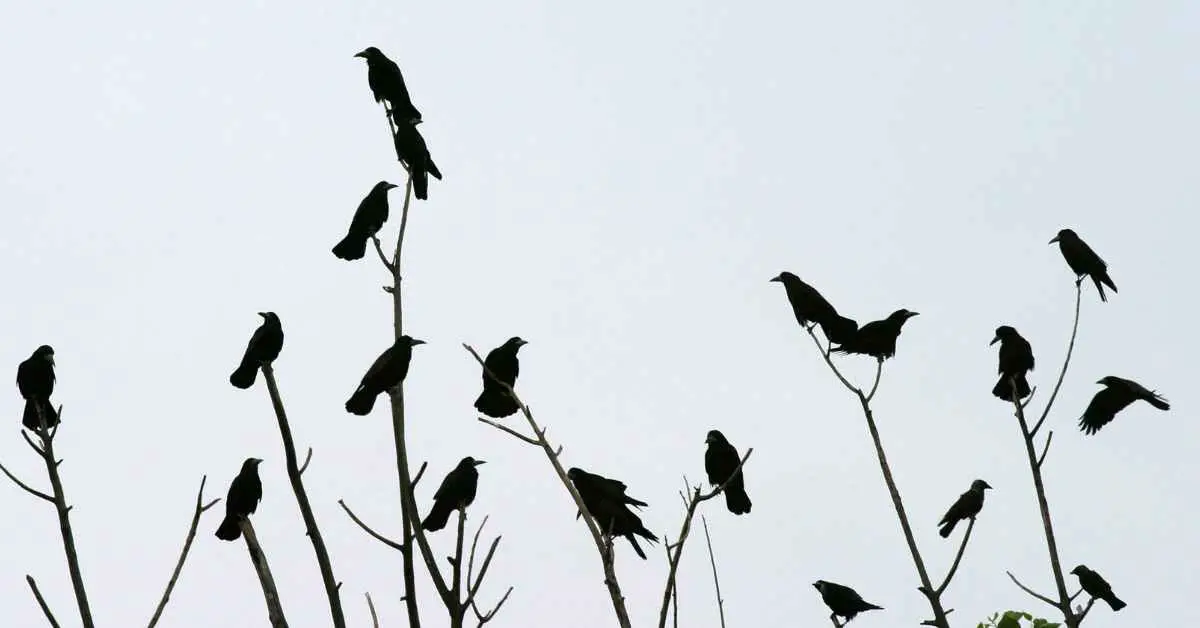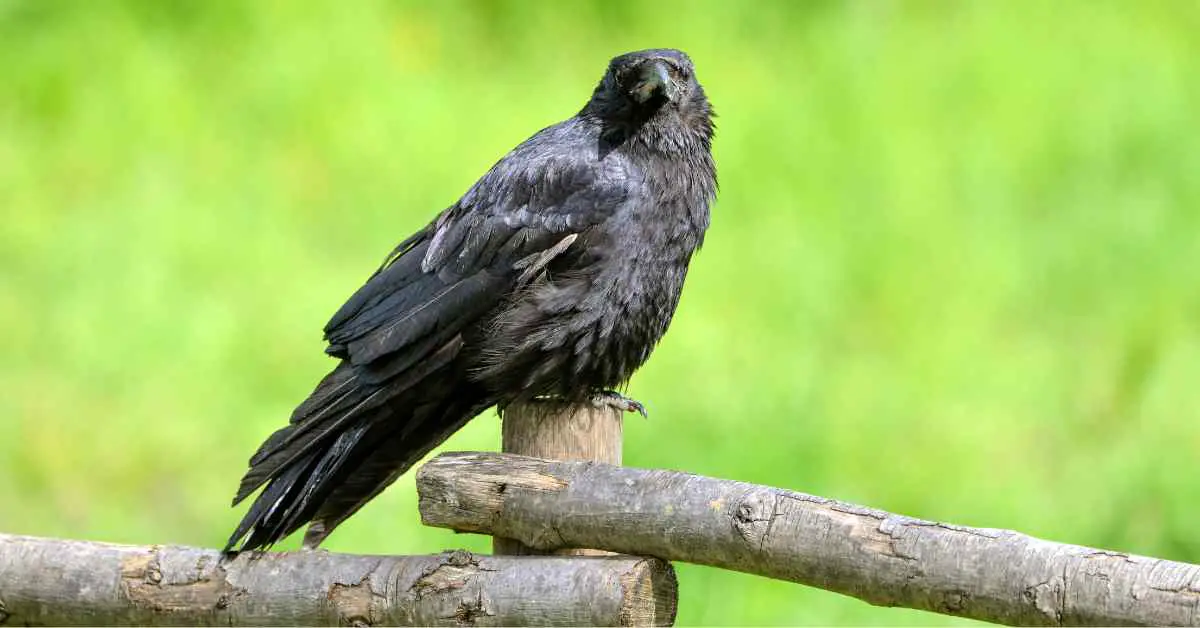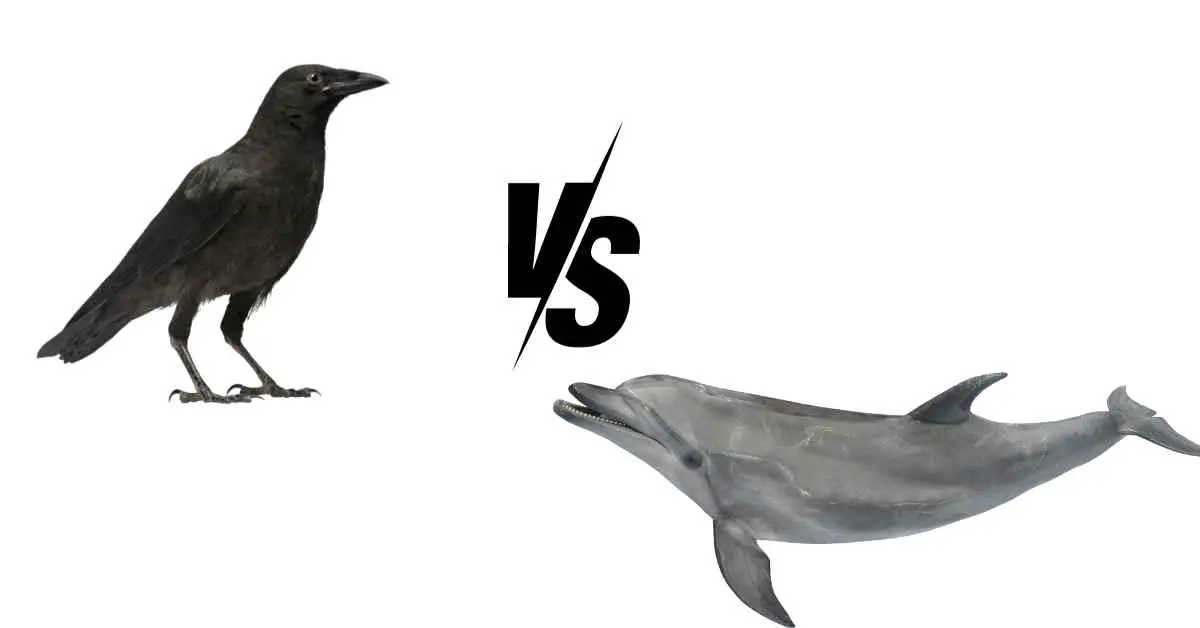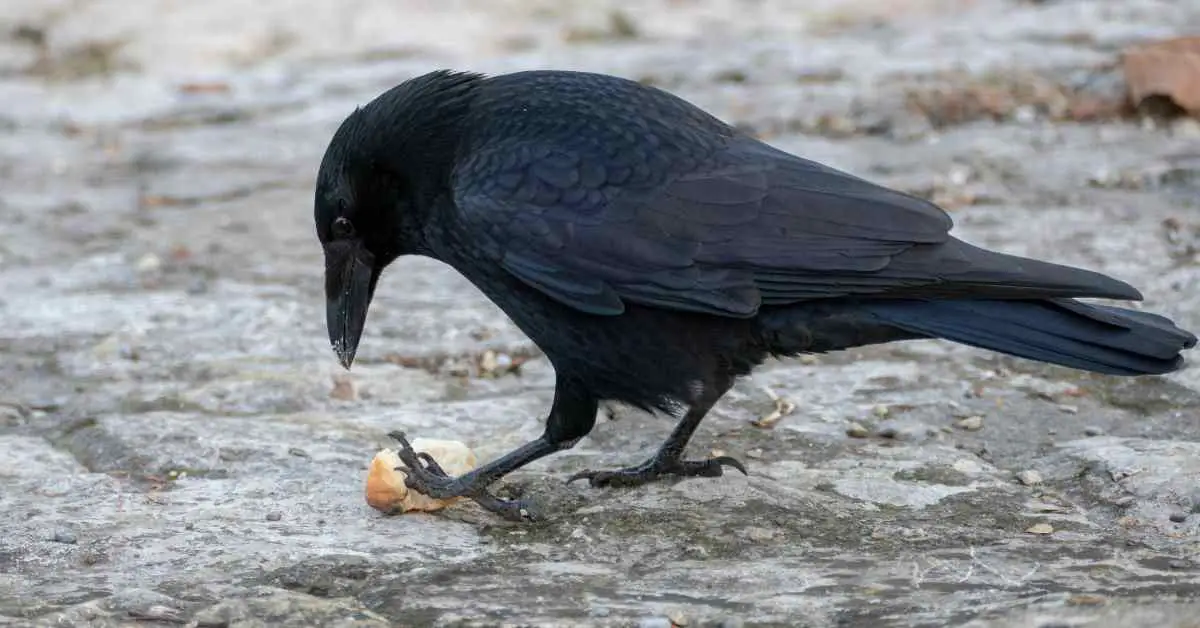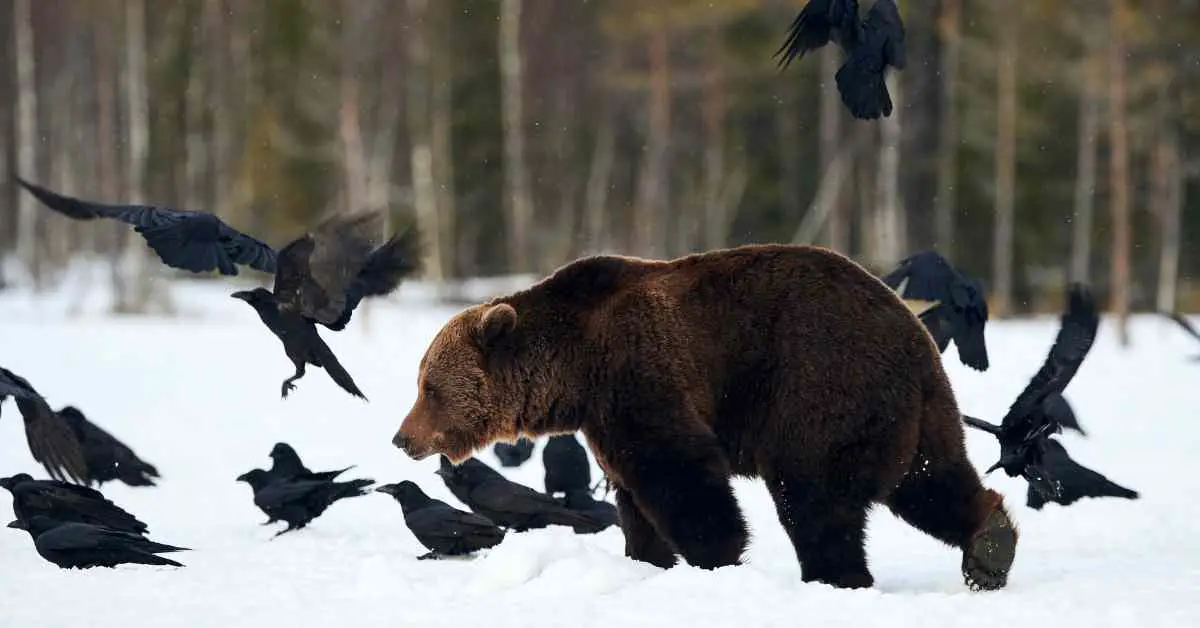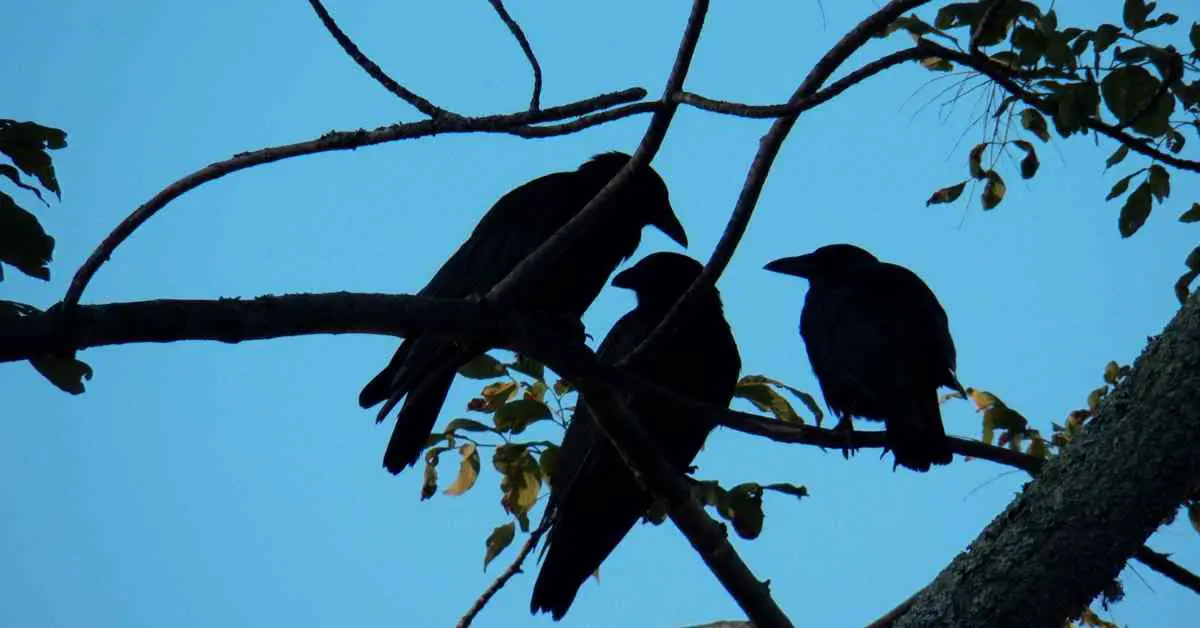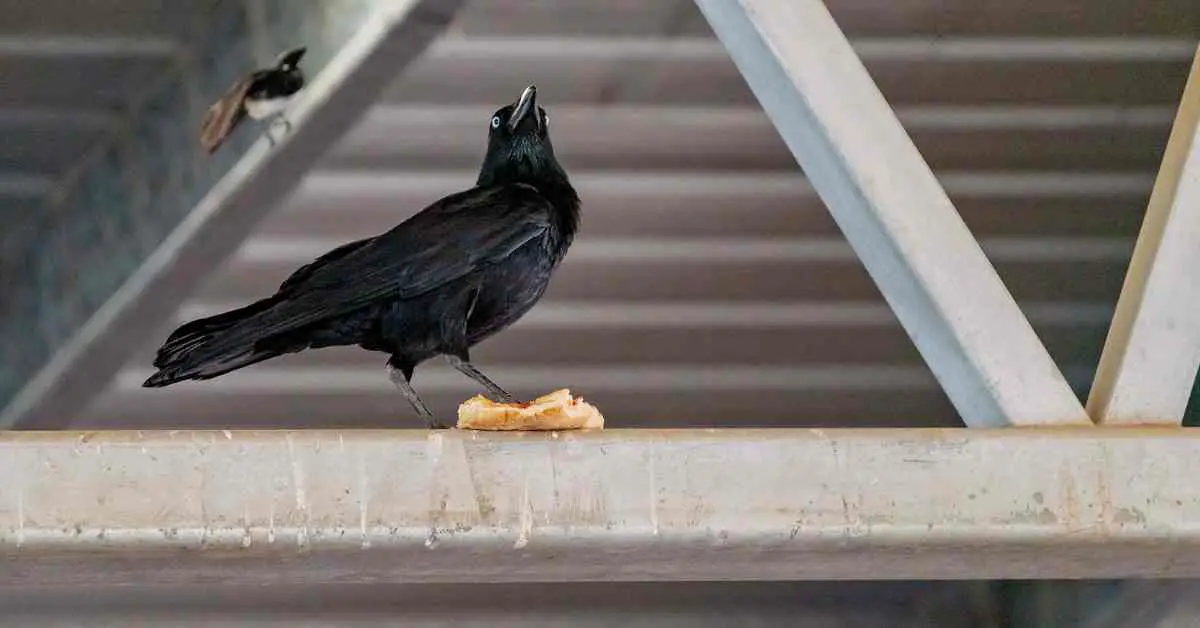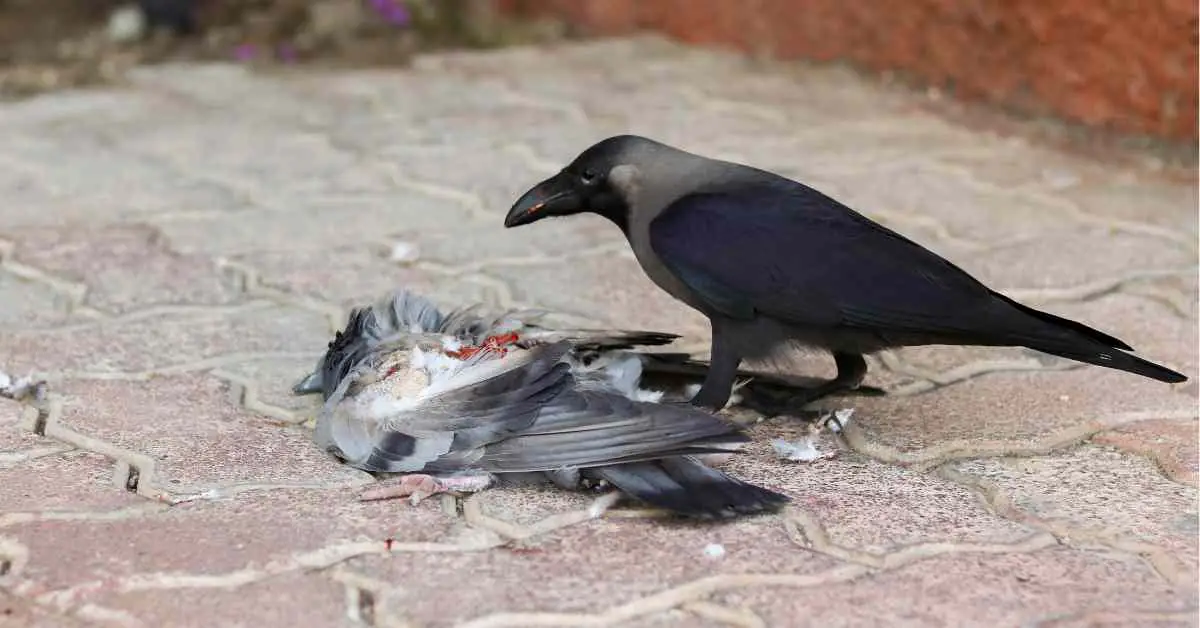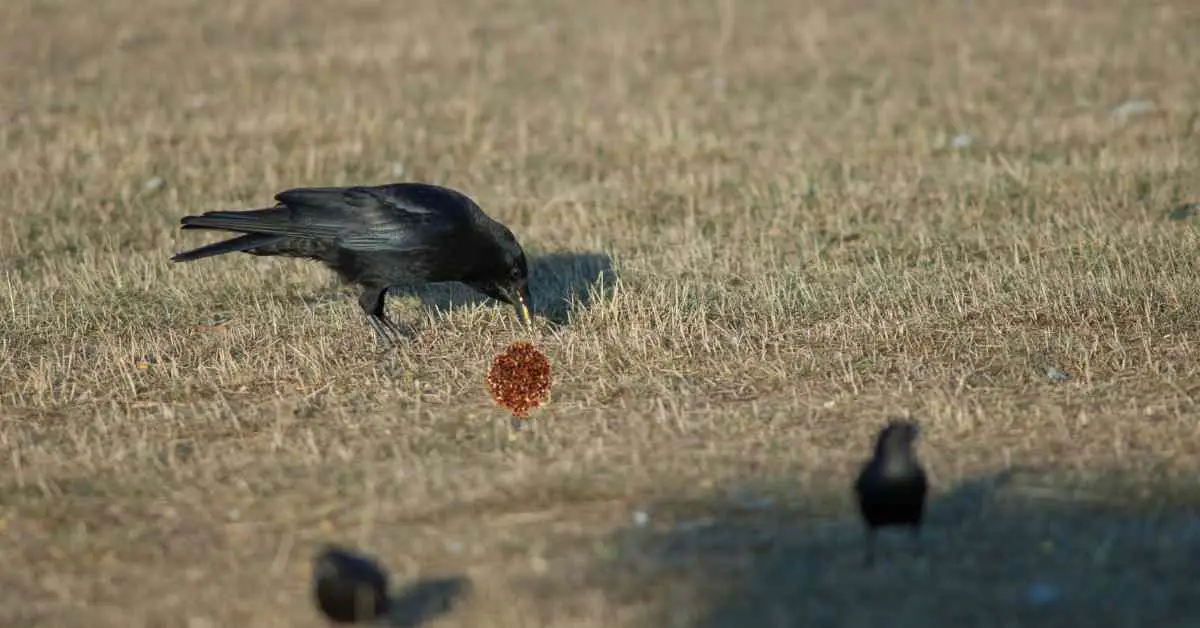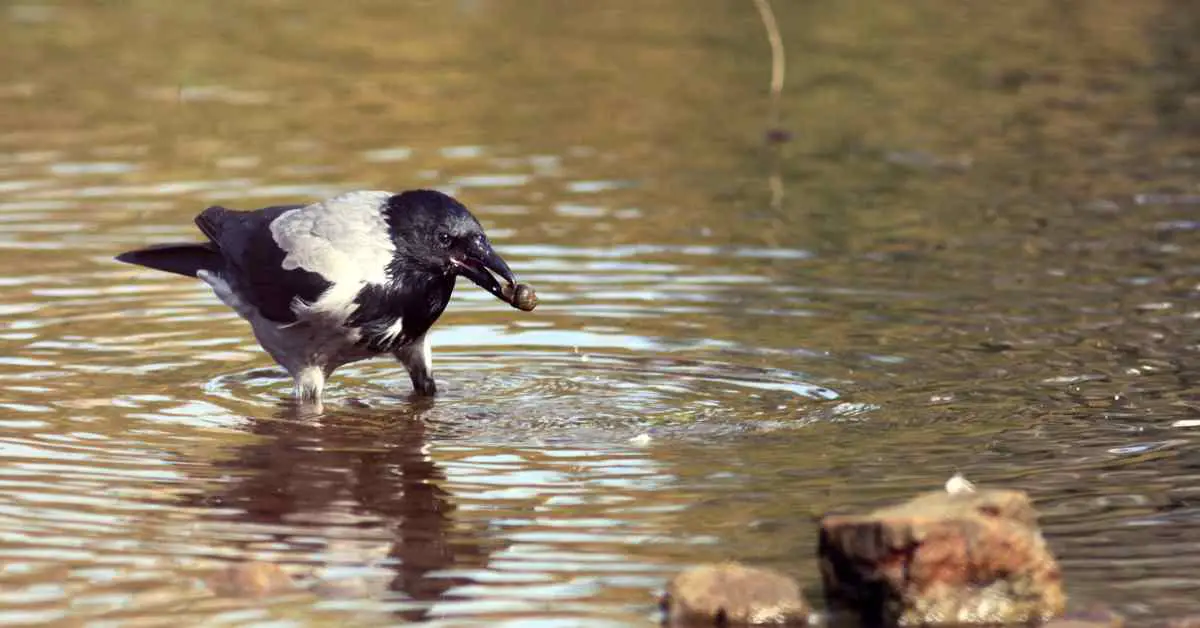How Many Crows Are There In The World?
Crows are one of the most abundant birds in different parts of the world and make their habitat in suitable places. There is an increased population of these birds in urban areas because they find more food sources and roosting sites. How Many Crows Are There In The World? According to estimation, there are around … Read more

